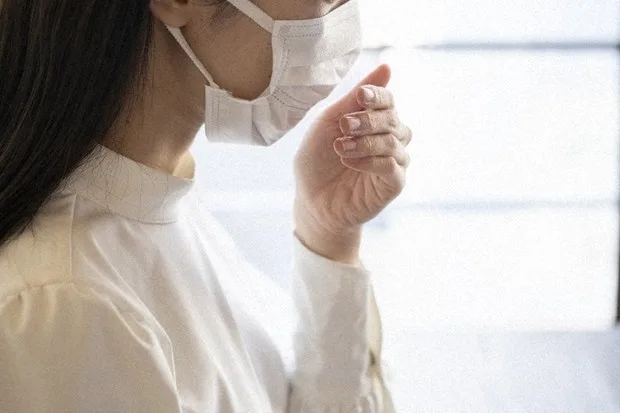Japan Grapples with a Surge in Whooping Cough Cases
Japan is currently facing a significant public health challenge as cases of whooping cough, also known as pertussis, have seen a dramatic increase. The number of reported cases has exceeded 31,000, marking an eightfold rise compared to the figures recorded in 2024.
Understanding Whooping Cough
Whooping cough is a highly contagious respiratory illness caused by the bacterium Bordetella pertussis. It is characterized by severe coughing fits followed by a high-pitched “whoop” sound when the affected person tries to catch their breath. While it can affect individuals of all ages, it poses the greatest risk to infants and young children.
Symptoms of Whooping Cough Include:
- Runny nose
- Low-grade fever
- Mild, occasional cough
- Apnea (pauses in breathing) and cyanosis (bluish skin) in babies
Why the Increase?
Several factors could be contributing to this surge in whooping cough cases. These might include:
- Decreased vaccination rates
- Waning immunity in adults
- Increased awareness and reporting
- Evolution of the bacteria
Public Health Response
Japanese health authorities are actively working to address the outbreak. Measures being taken likely include:
- Enhanced vaccination campaigns, particularly targeting children and pregnant women.
- Public awareness initiatives to educate people about the symptoms and prevention of whooping cough.
- Increased surveillance to monitor the spread of the disease and identify affected areas.
Protecting Yourself and Your Family
Vaccination is the most effective way to prevent whooping cough. Make sure that you and your family members are up to date on your vaccinations. Other preventive measures include:
- Practicing good hygiene, such as frequent handwashing.
- Covering your mouth and nose when you cough or sneeze.
- Avoiding close contact with people who are sick.
Final Overview
The significant increase in whooping cough cases in Japan is a serious public health concern. By understanding the disease, taking preventive measures, and supporting public health efforts, individuals can help protect themselves and their communities from this contagious illness. Stay informed and consult healthcare professionals for guidance and vaccination information.



+ There are no comments
Add yours